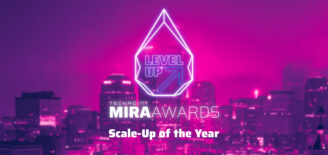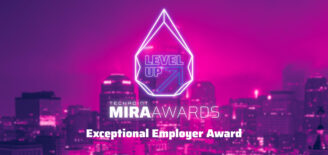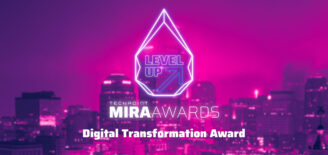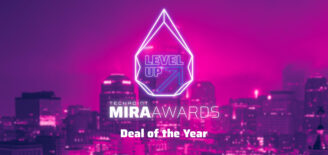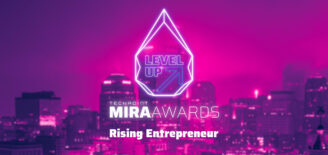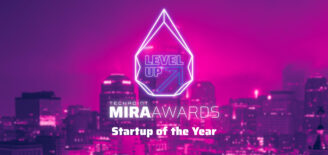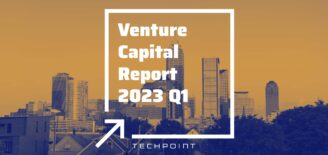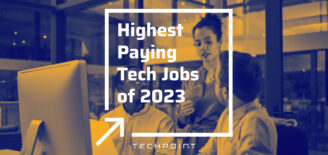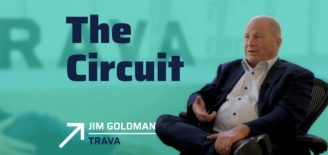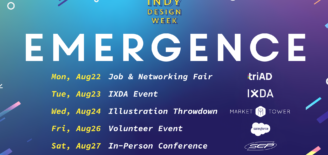What you need to know about Generation Z workers and how they engage in the workplace
Part one of a multi-part series in partnership with the Kronos Indianapolis Technology Center of Excellence and The Workforce Institute at Kronos Incorporated.
Generational differences in the workplace is not a new topic for employers, but the way we talk about it has changed. We are gathering more data instead of relying on assumptions, and we’re listening more than telling.
As Gen Zers come into the workplace, they are still figuring out where they fit, and so are employers. In an effort to greater clarify Gen Zers’ needs and wants, The Workforce Institute at Kronos Incorporated issued a global survey of 3,400 members of Generation Z across 12 countries—Australia, Belgium, Canada, China, France, Germany, India, Mexico, the Netherlands, New Zealand, the U.K., and the U.S. The survey explored everything from perceptions of themselves to what they need to be happy in the workplace to how they feel about the gig economy.
“Gen Z is bringing new expectations to the workplace, driven by their digital upbringing as well as their self-identified emotional barriers to success,” says Joyce Maroney, executive director of The Workforce Institute at Kronos. “They have strong feelings about how and when they want to work, especially compared to generations past. With Millennials moving into management roles, we’re entering an inflection point in the employee-manager relationship—and leaders will need to familiarize themselves with the priorities of this latest generation of workers in order to effectively manage and develop them.”
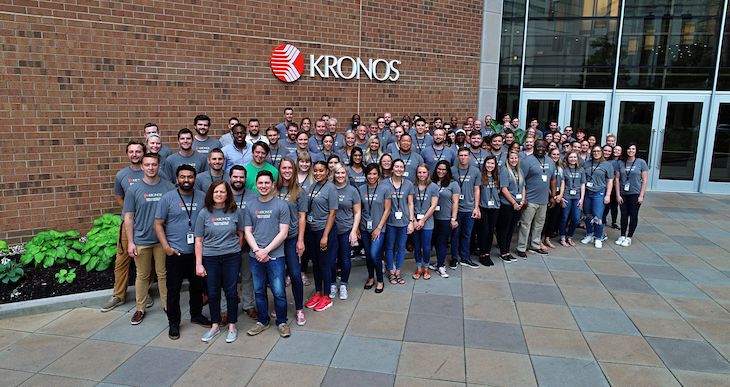
Whether you’re hiring, managing, or working alongside Gen Zers, understanding their generational identities and motivations can help you better know how to integrate them successfully into the workplace.
Gen Zers are Hopeful, Anxious, Hardworking and Searching for Inspiration
Before we can know how to motivate and inspire them, we first need to know who Gen Zers are.
While they are still figuring out where they fall in the generational divide, the “Meet Gen Z” report provides some interesting revelations, the first one being that Gen Zers are “relentlessly hopeful.” In a world that can seem overwhelming and scary, Gen Zers are very optimistic (56% globally) about their future. Forty-four percent of those surveyed in India are “extremely optimistic” with the U.S. reporting close behind at 31%.
While Gen Zers are optimistic, 34% feel their anxiety is holding them back, with the greatest concerns shown in Canada, the U.K., and the U.S. Anxiety was more prevalent among female respondents (39%) than male (29%). Gen Zers find it very important to have a supportive manager and work environment to ease some of the anxiety they feel.
What might be the most surprising revelation from the report is that 32% of Gen Zers believe they’re the hardest-working generation, but they are adamant on having and maintaining work-life balance. And they’re clear on what they won’t tolerate:
- An unsupportive manager (37%)
- A company that won’t allow them to use their vacation days when they want to (34%)
- An organization that gives them no autonomy over their work schedule (33%)
Above all else, Gen Z values trust, support, and care in a manager. Thirty-two percent will work harder and stay longer at a company if they have a supportive manager. They also want:
- To be promoted at least once a year (57%)
- Fulfilling projects/enjoyable work (51%)
- Real-time manager feedback (43%)
- Clear goals from their managers upfront (26%)
- A defined path toward achievement (20%)
Another interesting finding? More Gen Zers care about good healthcare coverage (44%) than paid time off (37%).
Gen Zers are also concerned about their education and whether it prepared them for professional success. One in four (26%) Gen Zers believe education is a barrier to success, with many believing that their education didn’t give them what they needed to be successful in these areas:
- Negotiating (26%)
- Networking (24%)
- Public speaking (24%)
- Working long hours (24%)
- Resolving work conflicts (23%)
- Being managed by another person (21%)
In what areas do they feel prepared to meet expectations? Showing up on time (67%), working in a team (57%), hitting project deadlines (57%), and working with customers (56%).
Read the full report from The Workforce Institute at Kronos Incorporated: “Meet Gen Z: Hopeful, Anxious, Hardworking, and Searching for Inspiration.”
Gen Z is Hesitant to Join the Gig Economy But Craves Its Flexibility and Autonomy
You might be surprised to hear not every Gen Zer is on board for the gig economy. While many enjoy the flexibility and independence of gig work, others are “hesitant to join the gig economy due to lack of stability and unpredictable pay.” Ninety-one percent find job stability to be moderately to very important.
There have been some concerns over whether Gen Z will negatively impact the gig economy. Here are the facts from the second report focusing on Gen Z’s attitudes toward the gig economy:
- More than half (53%) of Gen Zers would choose “full-time” gig work over a traditional job. Gen Zers find the schedule flexibility (55%), being their own boss (53%), and not having a boss or coworkers (42%) the most appealing attributes of gig work.
- Less than half of Gen Zers work gig jobs today. Many (18%) supplement another job with gig work.
- The majority of Gen Zers (75%) work just one job.
- One in four Gen Zers doesn’t want to give up the structure of an traditional workplace. Like many, they fear the lack of stability and unpredictable pay.
Generally, Gen Zers are independent, focused on their career, and believe income is an important indicator of success. They want stability, but they are also eager to get promoted and move on to other organizations. In fact, 27% of Gen Zers expect to work for their first full-time employer for two years or less.
Pay is the most important consideration (54%) for Gen Z when applying for their first full-time position, with working for a company that does meaningful work (32%) and benefits (30%) quite a bit behind. Forty-three percent prefer to be incentivized by cash rewards and bonuses rather than social media recognition, sports tickets, or experiential rewards.
They are also concerned about how happy and engaged other employees at their company are; 43% say that “if an organization had visibly disengaged or unhappy employees, it would be a red flag that would make them lose interest in a company altogether.” Most of all, 55% want the ability to work their own schedules, with 31% reporting they will deliver their “best work” when given the ability to work when they want, where they want.
Read the full report from The Workforce Institute at Kronos Incorporated: “Gen Z and the Gig Economy: It’s Time to Gig in or Get Out.”
What’s Next? Everyone is different, but these reports help provide some important and interesting revelations about Gen Z and how to engage them. Share this data with your hiring managers and discuss what you found interesting. Have a conversation about how you’ll attract and retain Gen Z talent.
Stay tuned for the next part of this story where we shed light on how to be an employer of choice for Gen Z.










